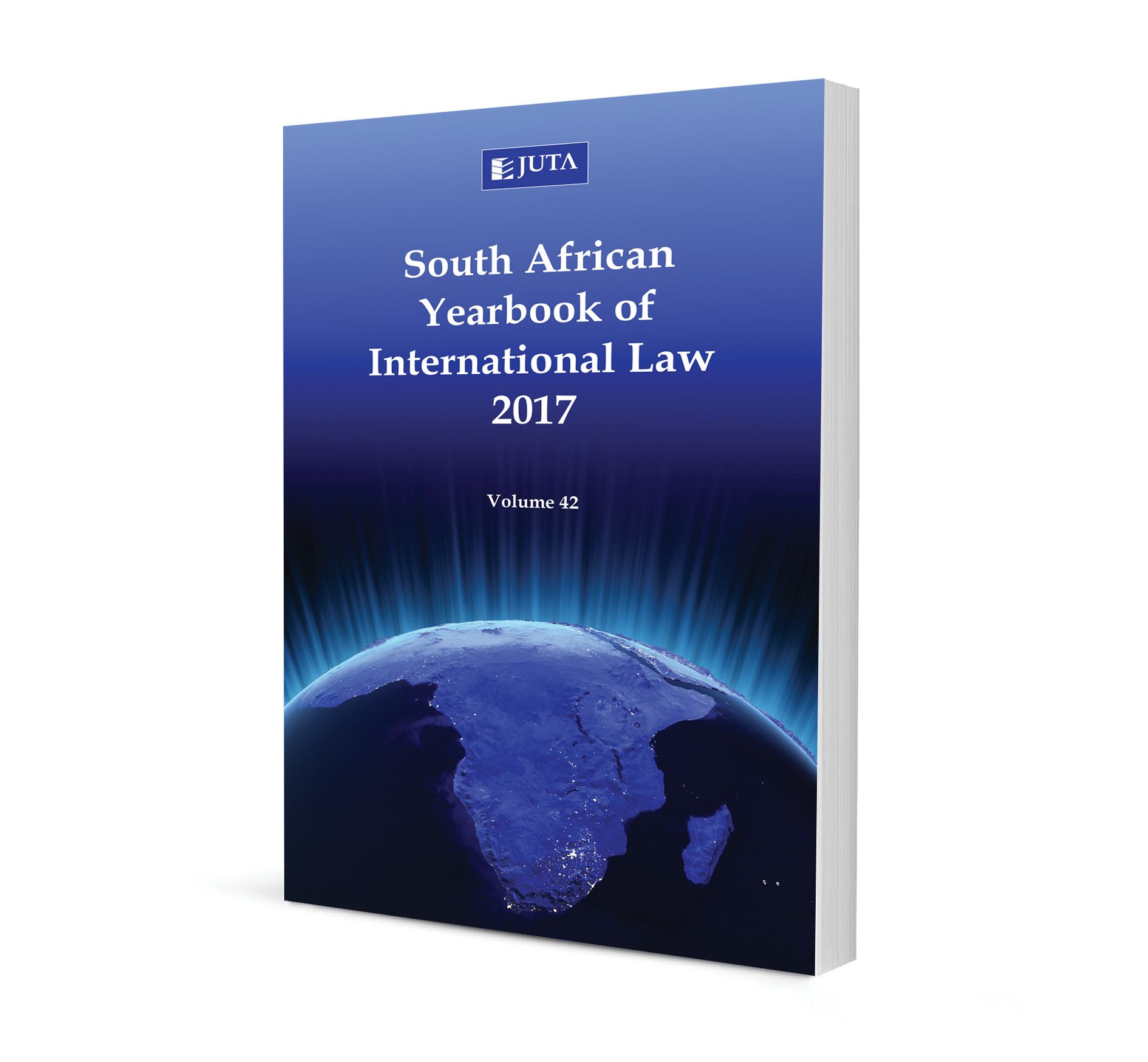A Sin Committed by the (Suspended) SADC Tribunal : the Erosion of State Sovereignty in the SADC Region

A Sin Committed by the (Suspended) SADC Tribunal: the Erosion of State Sovereignty in the SADC Region
Authors Moses Retselisitsoe Phooko
ISSN: 2521-2583
Affiliations: University of Johannesburg and High Court of South Africa
Source: South African Yearbook of International Law, 2018, p. 1 – 19
Abstract
State sovereignty was once the sacrosanct and unquestionable characteristic of statehood under international law. International law prohibited any form of intervention by one state in the domestic affairs of another state without the latter’s consent. However, this is no longer the position. It appears that state sovereignty is gradually losing its once inviolable character due to the emergence of human rights, subregional organisations and judicial organs such as the Southern African Development Community (SADC) and the SADC Tribunal. The aim of this article is to critically discuss the impact of the decisions of the SADC Tribunal on state sovereignty within the context of SADC. I argue that by ratifying the Treaty of the Southern African Development Community (SADC Treaty), SADC member states have given away a certain portion of their sovereignty.